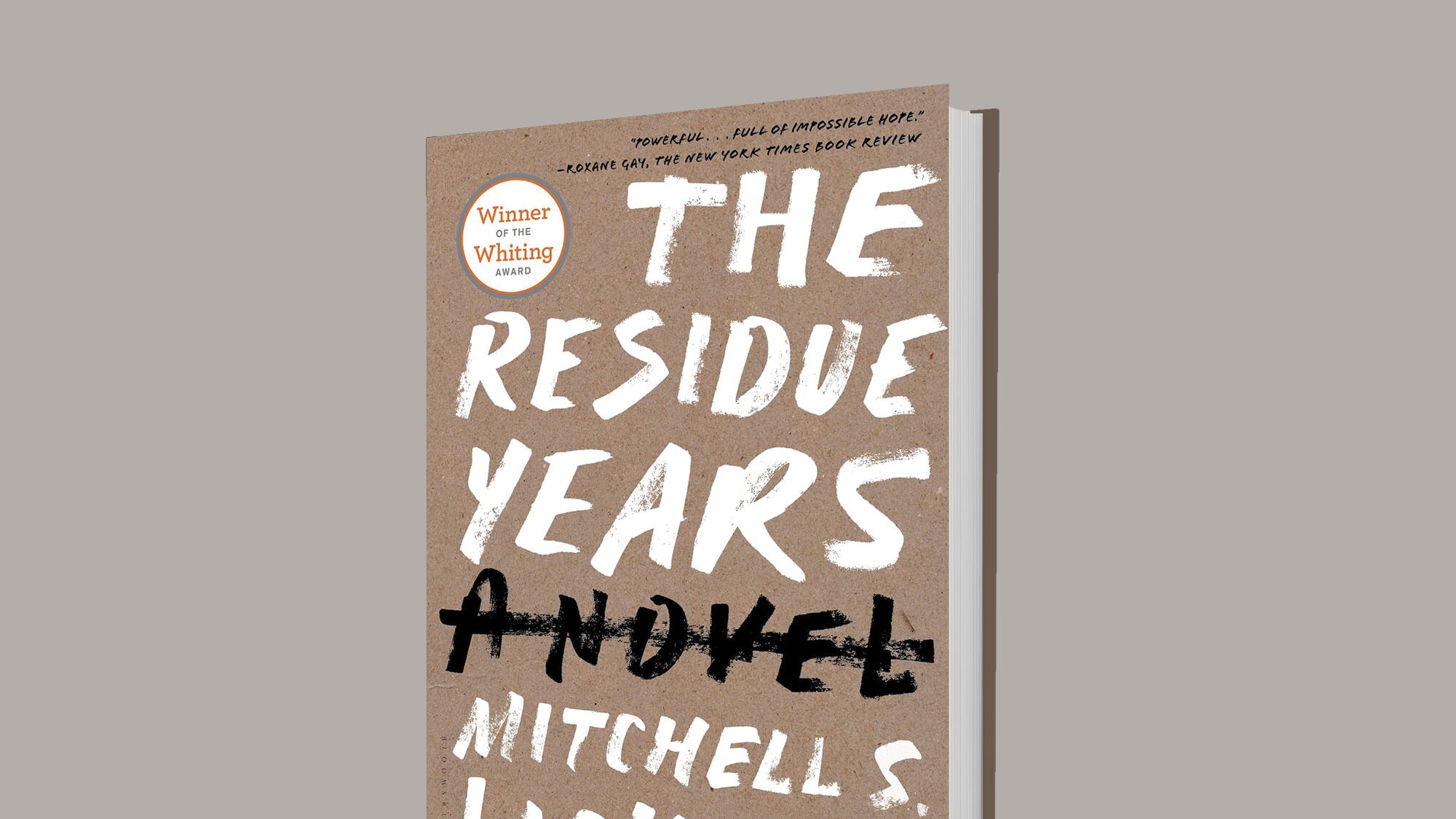The Residue Years, Mitchell S. Jackson (2013)
Mitchell S. Jackson's acclaimed debut novel is about addiction, racial injustice, familial legacy, the life cycle of poverty. It's also about living in Portland. Jackson, a native of Northeast, lets truth and fiction seep into one another to tell the story of Grace and Champ, a mother and son who wrestle with drug abuse and rehabilitation in a system where recovery just isn't profitable. The writing is plucky and raw, stripped of excesses, and describes things as they are, rather than how we imagine them to be. It doesn't describe Portland as seen on Portlandia, but whose Portland was that to begin with?
My Abandonment, Peter Rock (2009)
A decade ago, Peter Rock published My Abandonment, the story of a father and daughter living together in the woods of Forest Park, surviving in a makeshift home on a monthly disability check. The novel, which was recently adapted for film under the name Leave No Trace, is based on the true story of a Vietnam War veteran and his 12-year-old daughter, who forced the city to reckon with its preconceptions about parenthood, quality of life and the nature of care. Rock writes in the voice of the girl, drawing the reader into the Oregon woods with the wide-eyed honesty of a child who knows no different.
Fugitives and Refugees, Chuck Palahniuk (2003)
One part guidebook, one part encyclopedia, one part memoir, Fugitives and Refugees gives readers a strange, kaleidoscopic window into Chuck Palahniuk's Portland. Not everything looks as it did nearly two decades ago: The pair of Northwest paranormal investigators apparently found no more ghosts to investigate, the Red White & Blue Thrift Store is now a micro-chain, and it's hard to say what happened to the Emily Dickinson sing-along. But Palahniuk's book is still worth a read, if only to dumpster-dive into a Portland that allegedly existed in freer times.
Glaciers, Alexis M. Smith (2012)
"Years later, in Portland, their father began to tell them his stories," begins one chapter of Alexis M. Smith's debut novel. "They trickled out of him, as if his past were slowly melting." At its lowest common denominator, that is what Glaciers is about—stories, memories and the way we remember things. Smith writes of a single, Alaskan-born woman living in Portland in her 20s who religiously collects second-hand items and mills through thrift stores. In a series of vignettes, the book lays out lush, careful prose that allows the reader to fall back in love with the city and all its novelties.
The River Why, David James Duncan (1983)
You read The River Why for the same reason that you read All the Pretty Horses or The Catcher in the Rye—it's a quiet, durable coming-of-age novel that can be picked up on a Friday and finished by the time the work week begins. Published in 1983, the book moves between Portland and the rocky Oregon Coast, following the story of a young man falling out of love with the life fly-fishing carved out for him. It is an ode to the natural world and the growing pains of young adulthood, and insulated enough to remind audiences that sometimes it's cathartic to read a few hundred pages about salmon.

Guest Recommendation: The Song of Achilles, by Madeline Miller
"Right now, nothing is better than a book that offers an escape. So enters The Song of Achilles by Madeline Miller, which transported me from the four walls of my Portland studio, where I am social distancing, to ancient Greece, where a young Achilles falls in love, studies medicine and music in Chiron's rose quartz cave, and gets sent to battle in Troy. Miller breathes new life into the myth of Achilles, which is retold through the eyes of his gay lover, Patroclus. 'Name one hero who was happy,' Achilles asks Patroclus. 'You can't…They never let you be famous and happy.'" When he presents this question to his love, Achilles still believes that he will be the exception, the hero to live happily ever after and also remembered through history, his story and his honor achieving immortality that his body never could. Of course, anyone who is familiar with Greek myth knows the fate what befalls Achilles. But Miller makes this epic tale startlingly fresh and breathes something new into an ancient myth. I read it quickly, absorbed it, rooting for a different ending than the one I knew would come. It's a novel that asks hard questions about fate, pride, honor and mortality, and refuses to supply an easy answer to any." —Genevieve Hudson, author of Boys of Alabama (2020)

